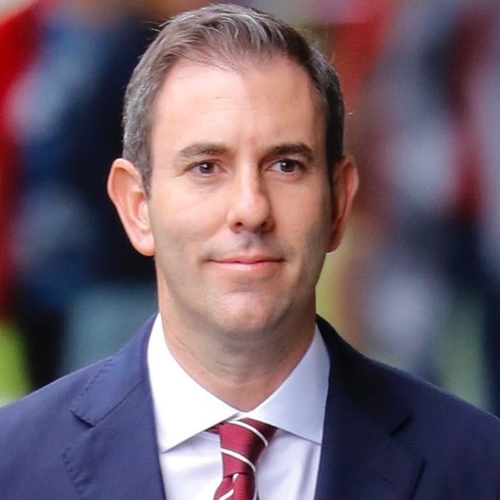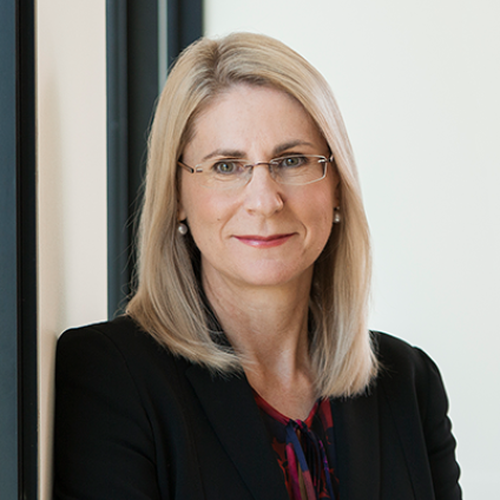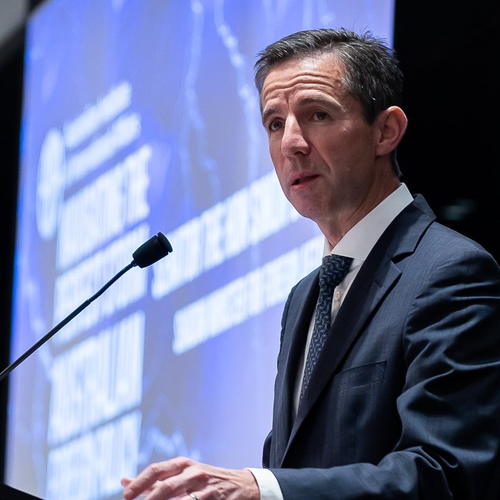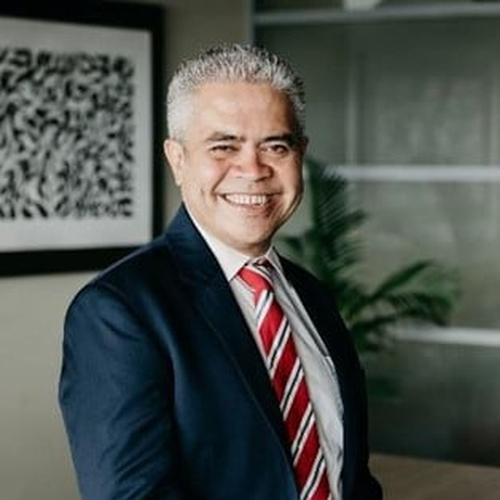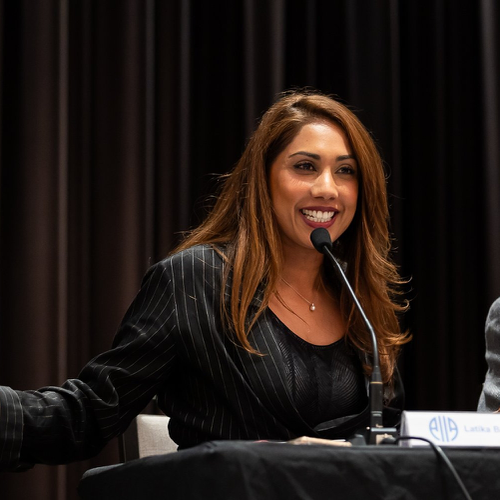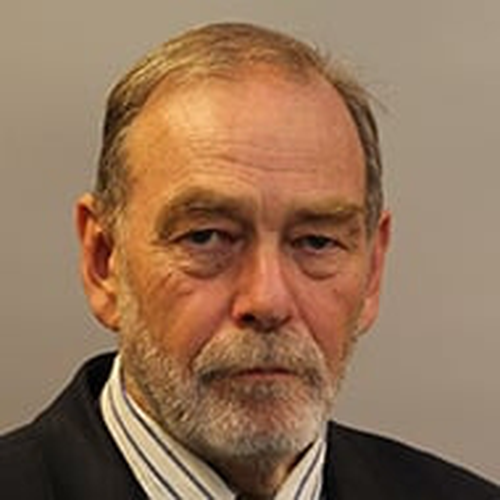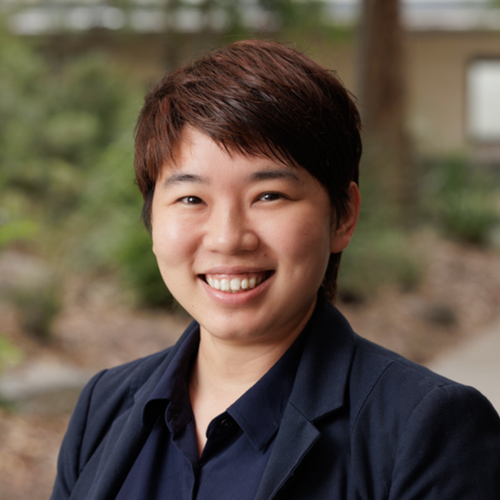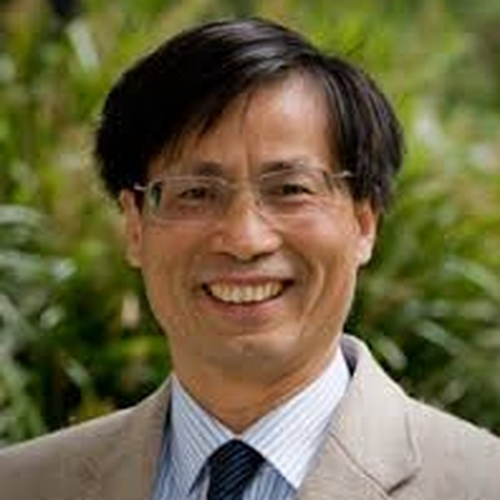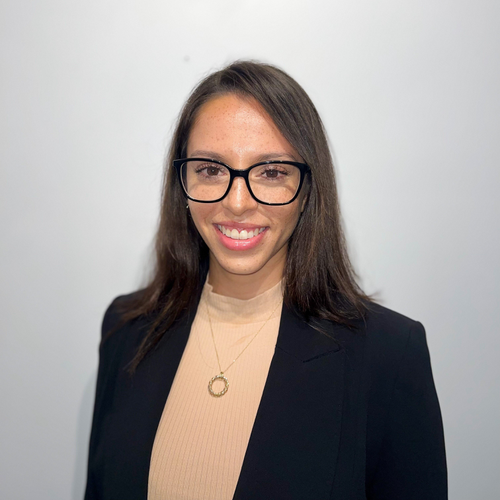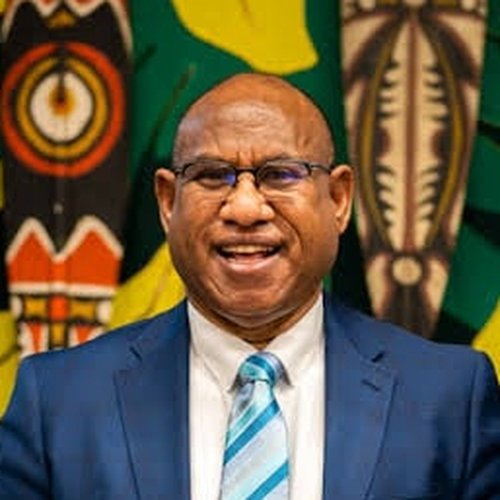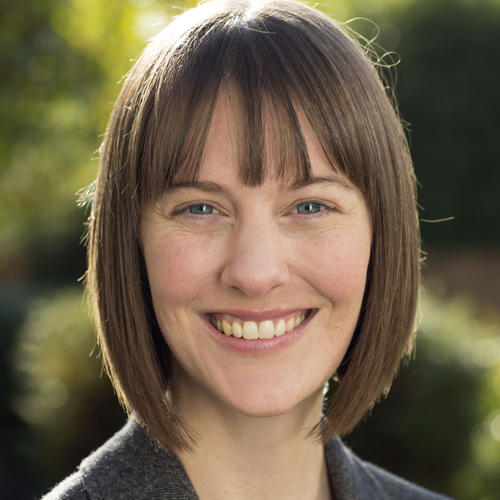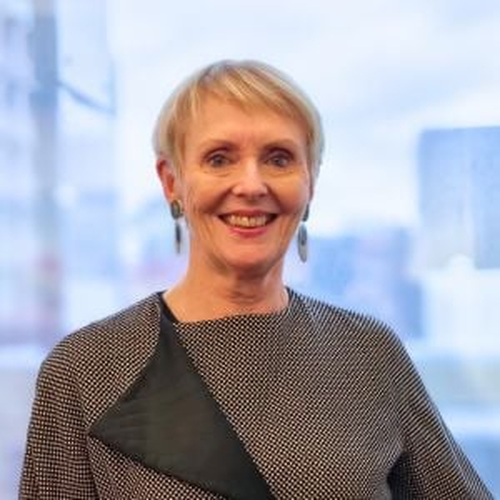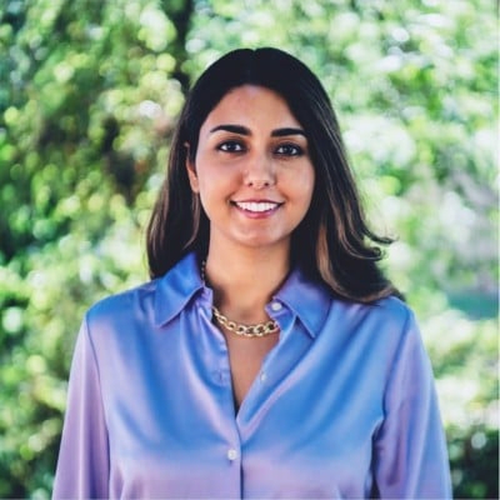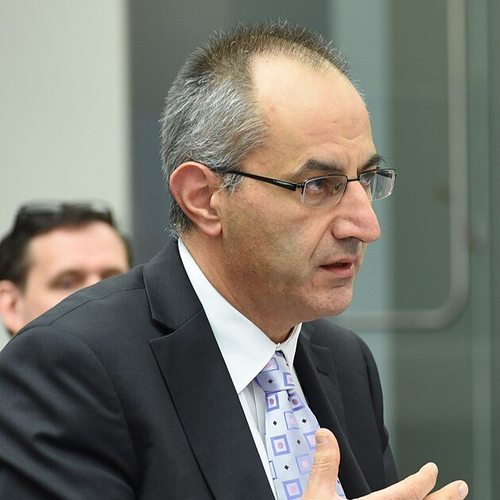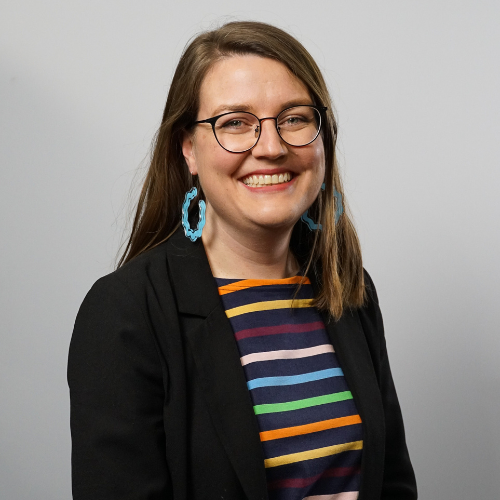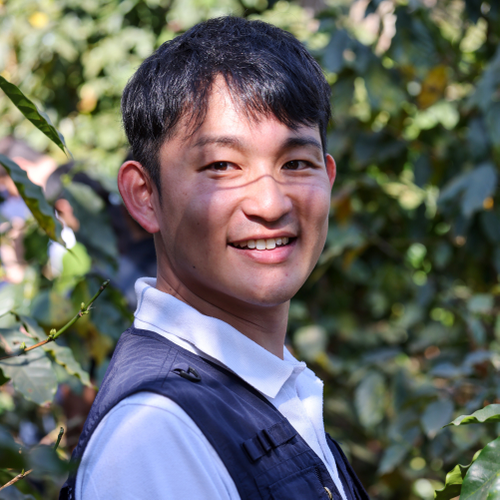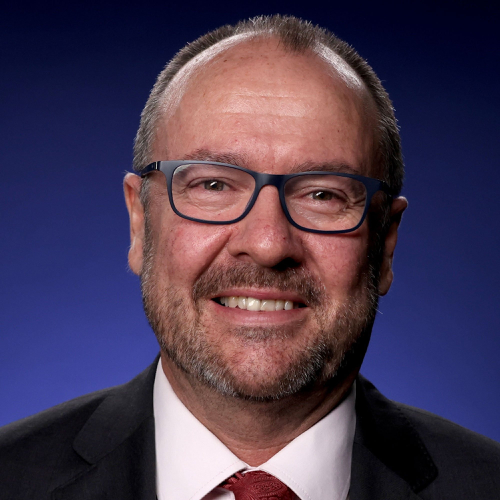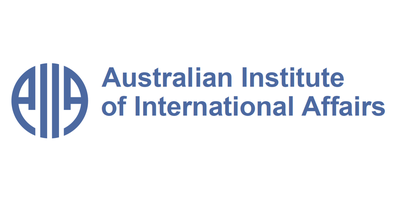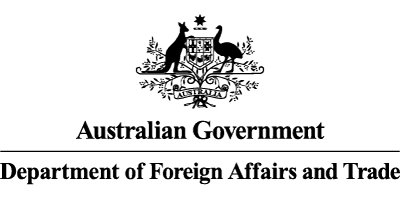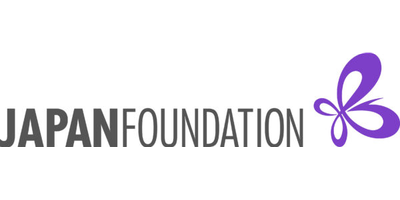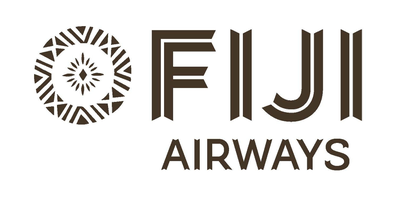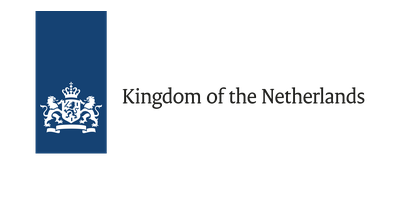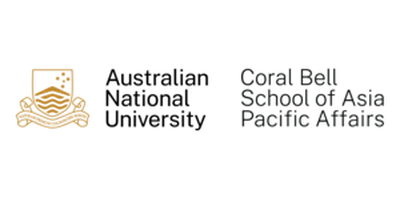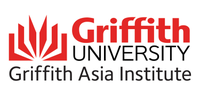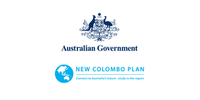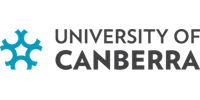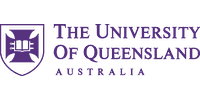The main website for the conference, featuring speaker and hotel information is here.
The world has entered a period of fragmentation. Daunting economic, ecological, social, and geopolitical challenges will influence Australian foreign policy for decades to come. Strategic rivalry between the United States and China looks set to sharpen over the next decade. War in Europe has ground on into its third year with no sign of abatement, and devastating conflict has exploded from familiar tensions in the Middle East. Both global temperatures and inequality between and within states continue to rise. Amid these challenges is the spectre of domestic political uncertainty among Australia's key friends and allies, particularly the United States. What partnerships and possibilities can Australia cultivate to deal with fragmentation? How can it best approach its relations with its closest neighbours? How can we better prepare for unexpected regional shocks that nature throws at us? Is there a role for the private sector in promoting Australian national interests? Can Australia play a constructive role in shoring up and even rebuilding the multilateral system? What will be the immediate consequences of the U.S. presidential election, and what will be the state of future relations between Australia and its "great and powerful friend"?
Agenda
08
00
-
09
00
09
00
-
10
30
Conference Opening and Keynote Session
Hotel Realm Ballroom
10
30
-
11
00
Morning Tea
Food will be available in the ballroom lobby and downstairs in the Realm courtyard before breakouts.
11
00
-
12
30
Morning Breakout
See breakout descriptions for details.
12
30
-
13
30
Lunch
Food will be available in the ballroom lobby and downstairs in the Realm courtyard before afternoon breakouts.
13
30
-
15
00
Afternoon Breakout
See breakout descriptions for details.
15
00
-
15
30
15
30
-
17
00
Plenary: Great and Powerful? The future of U.S. Power in Australia's region
Does Australia’s major ally have what it takes to maintain its position in this region? Or do US domestic political imperatives point to retrenchment and isolationism? Is Uncle Sam still a safe bet, or do we need to think more deeply about what a post-American world looks like? What’s the immediate “post-match analysis” of the presidential election? Whether or not we have to actually deal with Trump in 2025, is “Trumpism” now fully entrenched on the American political landscape? If so, what does this mean for Australia and its alliance? How does an Australia deeply invested in the United States, best promote its interests among the American population and political class?
18
30
-
21
30
Reception and Gala Dinner
Entry with all access or gala dinner ticket.
Tuesday, November 12, 2024
08
00
-
09
30
AIIA National President's Breakfast
Breakfast with keynote speaker.
Entry with all access ticket.
Monday, November 11, 2024
11
00
-
12
30
Getting Down to Business
In a world where we need to be more agile and where all arms of statecraft are now considered as providing leverage in Australian foreign policy, what is the potential of private firms in advancing Australia's national interests on the global stage? From innovative approaches on cooperation in space, addressing environmental concerns, to forging strategic partnerships for economic growth, and broader socio-economic challenges, how can business contribute to shaping Australian foreign policy? Can government forge new strategic partnerships with the private sector, unlocking new avenues for economic growth and diplomatic influence on the global stage?
Monday, November 11, 2024
11
00
-
12
30
Australia in World Affairs: A Return to Great-Power Rivalry
Between 2016 and 2020 Australia's foreign and security policies were significantly impacted by profound changes in geopolitics and geoeconomics, particularly as great power competition re-emerged between the United States and China. The AIIA's new volume, Australia in World Affairs 2016–2020: A Return to Great-Power Rivalry examines Australia's engagement on the international stage in light of these events. You can meet editors and authors of the thirteenth volume in the Australia in World Affairs series, which builds on the history of Australia's foreign policy covered in other volumes to identify patterns of continuity and change. It catalogues the key developments in this period of world history from an Australian perspective. Organised thematically, chapters cover Australia's foreign policy response to climate change, Australia's strengthened ties to the Indo–Pacific region, and its security interests in Southeast Asia. Australia's increasing security dependence on the US in an age of great-power rivalry is evident throughout.
Monday, November 11, 2024
11
00
-
12
30
Pacific Possibilities
Media in Australia portray the South Pacific as a new area of strategic contestation between China and the United States. However, actors within Pacific Island nations tend to emphasise the importance of their nations’ sovereignty and claim they are managing the influence of their “aid partners” responsibly. Climate is the major issue in the Pacific Island nations. Geostrategic tensions are a second order problem when waves threaten to engulf your home. Domestic politics in these countries are also an intervening factor that is largely unaccounted for in outside narratives of foreign influence. What can Australia expect from the region, and how do actors in the Pacific Islands view Australian foreign policy?
Monday, November 11, 2024
13
30
-
15
00
Multilateralism Minimalised?
Economic and political friction between great powers has placed multilateral institutions under enormous strain. With accusations that China is attempting to occupy and dominate United Nations agencies, the United States stymying the World Trade Organization’s disputes resolution mechanisms, and Russia making a mockery of the UN Security Council over action on Ukraine, it is safe to say that the post war systems we have used to regulate our world have seen better days. What can Australia, an avowed proponent of the “rules-based international order,” do to shore up and even mend the institutions on which it has relied for its peace and prosperity since the end of the Second World War? Are these systems largely beyond repair? If so, what will take their place?
Monday, November 11, 2024
13
30
-
15
00
Australia in Asia
Australia has been described alternatively as seeking security both from and within Asia throughout its history. But how does Australia’s foreign policy look from Asia? What regional dynamics, geopolitical tensions, and cultural sensitivities influence how Australia is viewed in the region? What might Australia do to enhance its position among its neighbours to the north? Which partnerships and possibilities with particular players in the region are likely to bring Australia the most benefit. How are relatively new “Indo-Pacific” initiatives such as AUKUS, IPEF and the Quad, within which Australia is embedded, really seen in South East Asia? How can Australia best play a constructive role within longstanding regional institutions such as APEC and ASEAN. Do Asian leaders believe that Australia can provide “strategic equilibrium” to shape the region that they want?
Monday, November 11, 2024
13
30
-
15
00
Realising Resilience
In an era of increasing natural disasters and climate challenges, how do different countries across the Indo-Pacific build resilience against such threats? From Japan’s earthquake preparedness to the cyclone responses in Fiji and Tonga, what innovative strategies are proving most effective? How can these diverse approaches inform and inspire global efforts in disaster resilience? Featuring insights from the Indo-Pacific Cooperation Network (IPCN), co-organised by the AIIA and the Japan Foundation, a panel at the conference will explore how early career professionals are contributing to resilience initiatives. What lessons have they learned from study tours to Japan, Fiji, and Tonga, and how are they applying these experiences to their home countries? Can fostering such international cooperation and knowledge exchange unlock new possibilities for building a more resilient world?
Speakers
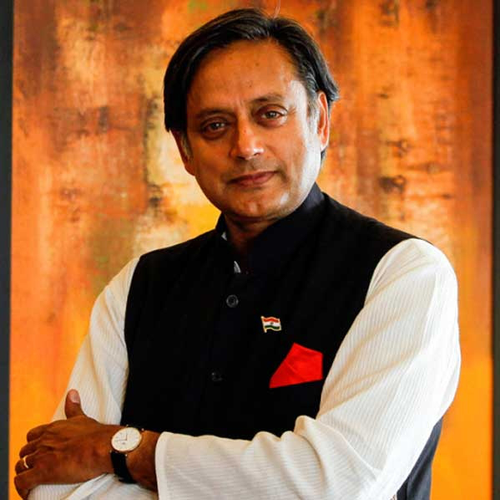
Dr Shashi Tharoor MP
Former United Nations Under-Secretary General, MP for Thiruvananthapuram at Lok Sabha (Lower House of the Indian Parliament)
More Information
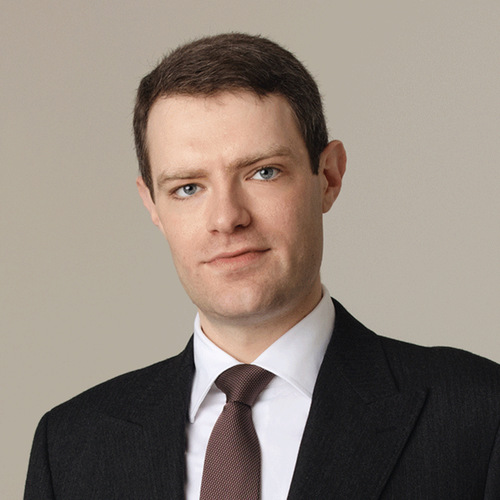
Christopher Heard
Assistant Director, Security and Emergency Management of Department of Premier and Cabinet, Tasmania
More Information
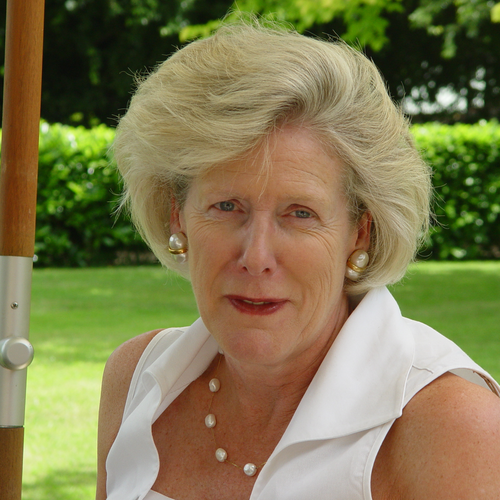
Zara Kimpton OAM FAIIA
National Vice President at Australian Institute of International Affairs
More Information

Maualaivao Maima Koro
Pacific Research Fellow (Geopolitics, Pacific Security, Development) at University of Adelaide
More Information
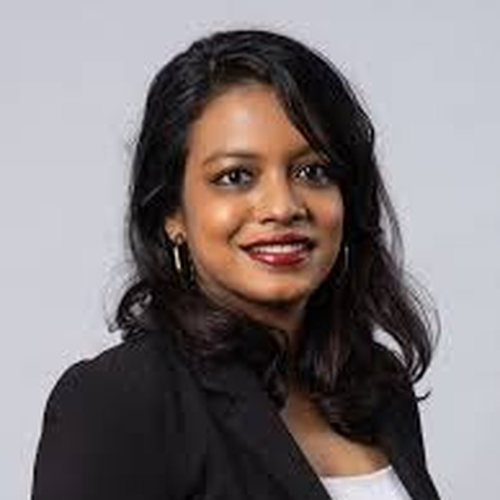
Nanthini Sambanthan
Associate Research Fellow at S. Rajaratnam School of International Studies (RSIS)
More Information
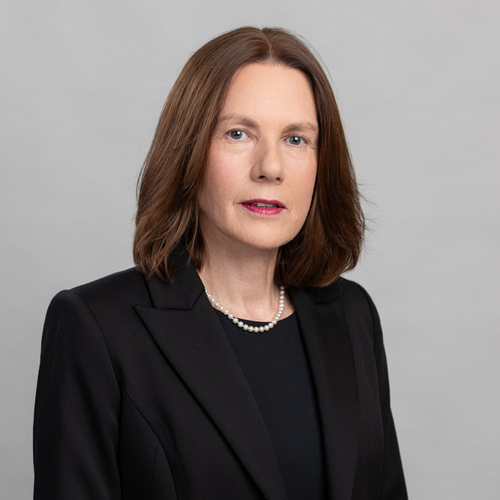
Professor Shirley Scott
Professor of International Law and International Relations at UNSW
More Information
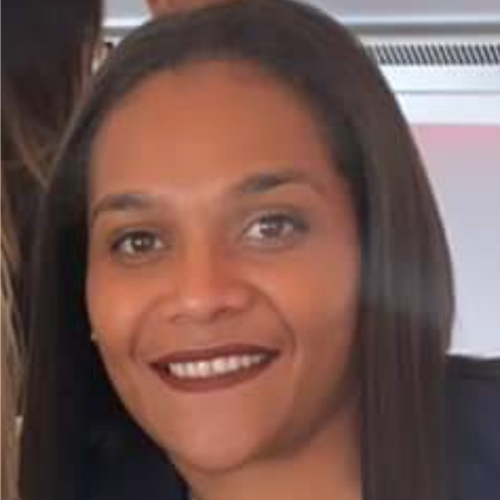
Salote Tagivakatini
Lawyer and Former Fijian Career Diplomat; Recipient of the 2022 Gaddes Gavel Award, Australian War College
More Information
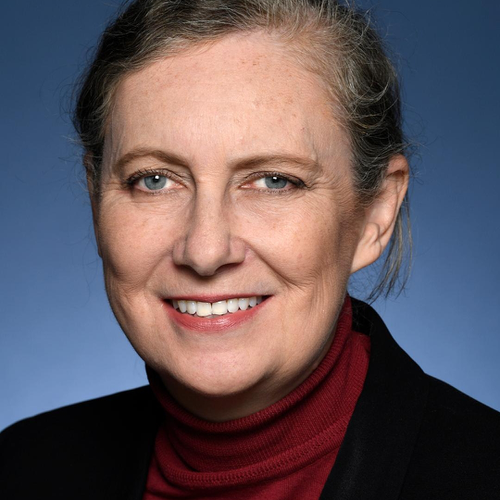
Margaret Twomey
Former High Commissioner of Australia to Fiji; Former Australian Ambassador to Russia, Ukraine, Italy and East Timor; Former Assistant Director-General, Office of National Intelligence, Former Head of Policy Planning, DFAT
More Information
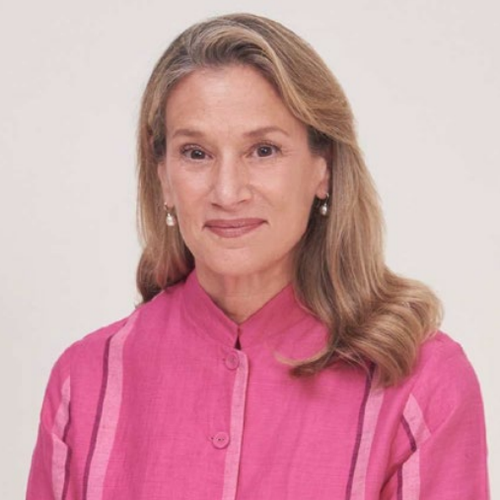
Cynthia Veliko
Regional Representative at The Office of the United Nations High Commissioner for Human Rights (OHCHR) Regional Office for South-East Asia
More Information

Dr Bryce Wakefield
Chief Executive Officer at Australian Institute of International Affairs
More Information
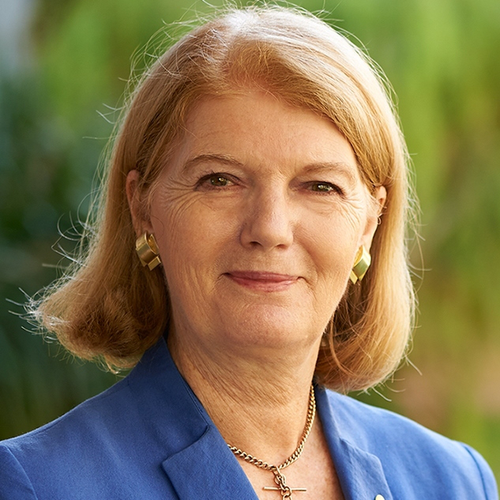
Hon Penelope Wensley AC FAIIA
Australia's Former Representative to the United Nations
More Information
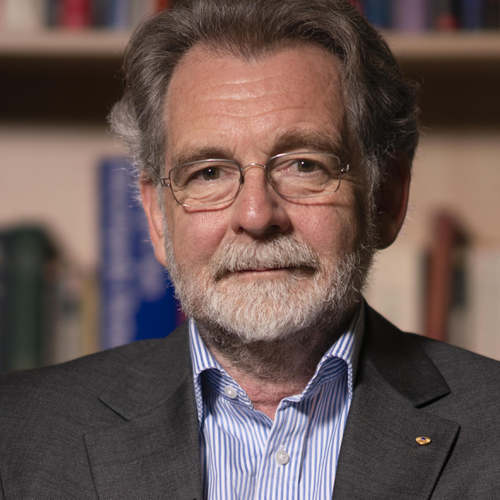
Professor Hugh White AO FAIIA
Emeritus Professor of Strategic Studies at The Australian National University
More Information
Tickets
All Access (AIIA Member)
A$800.-
Buy TicketConference + Gala Dinner (11 Nov) + AIIA President's Breakfast (12 Nov) for AIIA Members only. Door sales on the day are $1200+gst with a 10% cash handling fee (where applicable).
All Access (Non-Member)
A$1,200
Buy TicketConference + Gala Dinner (11 Nov) + AIIA President's Breakfast (12 Nov) for any registrant. Door sales on the day are $1500+gst with a 10% cash handling fee (where applicable).
Conference and Gala Dinner (AIIA Member)
A$600.-
Buy TicketConference + Gala Dinner for AIIA members. Door sales on the day are $900+gst with a 10% cash handling fee (where applicable).
Conference and Gala Dinner (Non-Member)
A$900.-
Buy TicketConference + Gala Dinner for any registrant. Door sales on the day are $1300+gst with a 10% cash handling fee (where applicable).
Conference (AIIA Member)
Reserve TicketAccess to plenary and breakout events (Nov 11) for AIIA Members. No access to gala dinner or breakfast. Door sales on the day are $600+gst with a 10% cash handling fee (where applicable).
Conference (Non-Member)
Reserve TicketAccess to plenary and breakout events (Nov 11) for any registrant. No access to gala dinner or breakfast. Door sales on the day are $900+gst with a 10% cash handling fee (where applicable).
Student Conference (Sold Out)
A$100.-
Buy TicketAccess to plenary and breakout events (Nov 11) for students with current student ID. No access to gala dinner or breakfast. Tickets are limited.
Guaranteed Masterclass Entry + Conference All Access
A$1,700
Buy TicketGuaranteed entry into a masterclass of your choice + entry into the masterclass dinner reception (November 10) + Conference day events + gala dinner (November 11) + AIIA National President's Breakfast (November 12)
If you buy any other conference ticket, you may still apply for the masterclasses if you are a student or young professional. However, this ticket will guarantee your place and position you in the masterclasses of your choice. Further, we waive the requirement that participants have to be students or early-career professionals for holders of this ticket.Embassy Pass
Reserve TicketAccess for one member of embassy staff at a time into the daytime national conference plenary and breakouts on November 11 + access for a single embassy representative to the Gala Dinner on November 11 + access for a single embassy representative to the AIIA President's Breakfast on November 12. Only for embassies or high commissions that are corporate member of an AIIA branch.
Door sales on the day are $1500+gst with a 10% cash handling fee (where applicable).AIIA Fellows and other VIP invitees
Complimentary
Reserve TicketThis ticket is for AIIA Fellows and VIP invitees only.
Confirmation of your registration is required. This will be sent to you after registration if you are an AIIA Fellow or VIP who has been specifically offered this ticket by the CEO of the AIIA.AIIA National Office Interns 2024
Complimentary
Reserve TicketGuaranteed entry into masterclasses + entry into the masterclass dinner reception (10 November) + Conference day events (10 November)
Media Pass
Complimentary
Reserve TicketA media pass grants reporters with recognised media credentials access to the conference, Gala Dinner, and/or AIIA President's breakfast, subject to approval. No meals will be served to media. Should media wish to eat at the gala dinner or AIIA President's breakfast, they will need to purchase a ticket.

